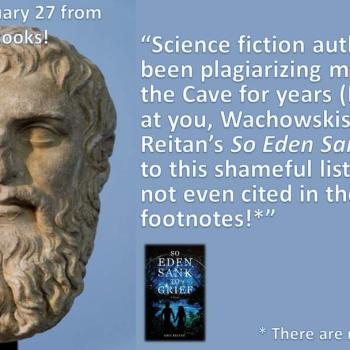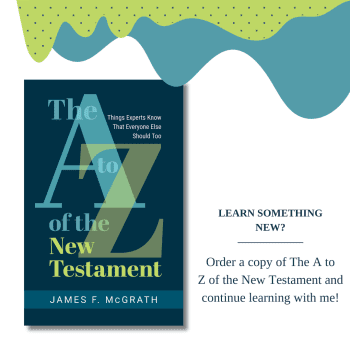My review of Bart Ehrman’s recent book, Jesus Before the Gospels, has appeared in Review of Biblical Literature. I have shared the review on Academia.edu for those who may not subscribe to RBL. Here is an excerpt:
Early in the book Ehrman justly emphasizes the relative neglect of recent work on the psychology of memory by New Testament scholars and the relevance of such studies to oral transmission and history. Yet one of the biggest issues with Ehrman’s book is that he does not interact sufficiently with the major exceptions from the past and in some cases does not even refer to the work of those who have been publishing on this subject more recently. Notable omissions include Dale Allison, Anthony Le Donne, Raphael Rodriguez, and Robert McIver, while James Dunn gets a single-page entry in the index. The same applies to many works outside of New Testament studies that have focused on memory, orality, and history. The work of Jan Vansina is mentioned in one section more than halfway into the book. David Rubin is footnoted twice. Some major topics—such as “flashbulb” memories—get the briefest of treatments, while others—such as the social and psychological study of the transmission of rumor, hearsay, and gossip—are neglected altogether or are barely mentioned.
Since the book is not aimed at scholars but an interested general audience, this is to some extent understandable. It is entirely possible that some of my disappointment with the book is a result of wrong expectations that I brought to it. Nonetheless, setting those matters aside, the book’s message still strikes me as unhelpfully negative. While there certainly is still a need for scholars to debunk widely held ideas such as that the gospels preserve a precise record of what happened, those views have already been addressed repeatedly—not least in a number of Ehrman’s earlier books. Meanwhile, there is a need for scholarship to address the constructive question of what we can say about the historical figure of Jesus in light of the latest research on memory. Pointing out that the gospels are not video or audio recordings may still be necessary in certain circles, but if we allow those entrenched circles of willful ignorance of scholarship to keep us focused on their narrow concerns, we will be allowing them to be a hindrance to progress in our scholarly work and the dissemination thereof. So, while I can certainly recommend Ehrman’s book as reading for fundamentalist religious people, those potential readers have, alas, already been warned against reading Ehrman or accepting what he says. I would thus have preferred that Ehrman go further in the direction of offering a clearer case for the positive impact of the study of memory on scholarship related to the historical Jesus and how we might reconstruct the historical Jesus differently as a result. Instead, Ehrman mostly sets forth the problems, issues, and things that are rendered doubtful. But cannot the gist of Jesus accurately come through even via doubtful material? And how might the historian make use of that insight from memory studies?
Nevertheless, it remains true that the study of memory as undertaken today is returning to ground that has been neglected in recent decades, when form criticism has tended to be ignored in English-language scholarship on the New Testament, so a presentation of that earlier work, updated and related to more recent methods and perspectives, is certainly worthwhile in and of itself. What the book is missing is a thorough exploration of whether those newer studies allow us to improve on shortcomings of older form-critical work, and if so in what ways.


















